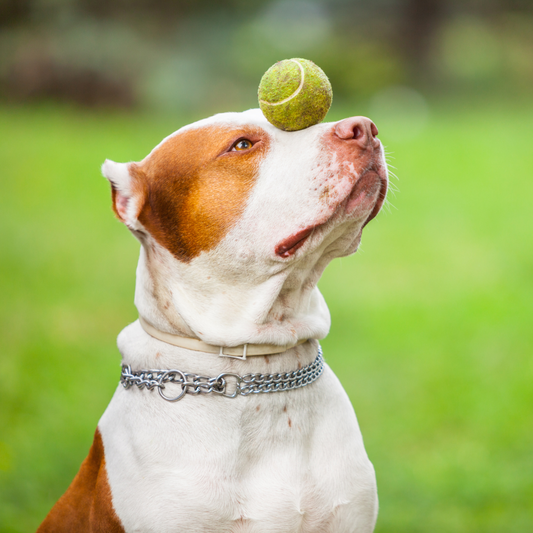Your pet’s smile says a lot about their health! Dental problems in pets are often overlooked until it’s too late. Bad breath, tartar buildup, or gum pain can make your furry friend uncomfortable and even lead to serious health issues. With the right care and attention, you can prevent dental diseases, keep their teeth shining, and ensure they live a long, happy, and healthy life. Let’s explore common dental issues and how you can protect your pet’s pearly whites!
Common Questions Pet Owners Ask
1. Why is dental care important for pets?
Dental care prevents plaque, gum infections, and tooth decay, helping your pet stay active and pain-free. Neglecting oral hygiene can cause bacteria to spread to vital organs, leading to severe health issues.
2. How can I tell if my pet has dental problems?
Watch out for:
- Persistent bad breath
- Yellow or brown teeth
- Drooling or pawing at the mouth
- Difficulty chewing food
- Swollen or bleeding gums
3. How often should I clean my pet’s teeth?
Brushing 2–3 times a week and scheduling annual professional cleanings can make a huge difference.
Common Dental Troubles in Pets
1. Plaque and Tartar Buildup
- Caused by food residue and bacteria.
- Leads to discolored teeth and bad breath.
2. Gingivitis (Gum Inflammation)
- Early stage of gum disease.
- Signs: red, swollen gums or light bleeding.
3. Periodontal Disease
- Severe infection damaging teeth and jawbones.
- Often irreversible if untreated.
4. Tooth Fractures or Loose Teeth
- Happens when pets chew hard objects.
- Causes discomfort or refusal to eat.
5. Halitosis (Bad Breath)
- A common indicator of poor dental hygiene.
Prevention Tips: How to Keep Your Pet’s Teeth Healthy
Daily Care:
- Use a pet-safe toothbrush and toothpaste.
- Give dental treats or chew toys to reduce plaque.
- Maintain a balanced diet that supports oral health.
- Avoid bones or hard plastic toys that can break teeth.
- Check your pet’s mouth weekly for signs of irritation.
Professional Care:
- Schedule regular veterinary dental check-ups.
- Get yearly cleanings for thorough care.
- Ask your vet about safe water additives or oral gels.









